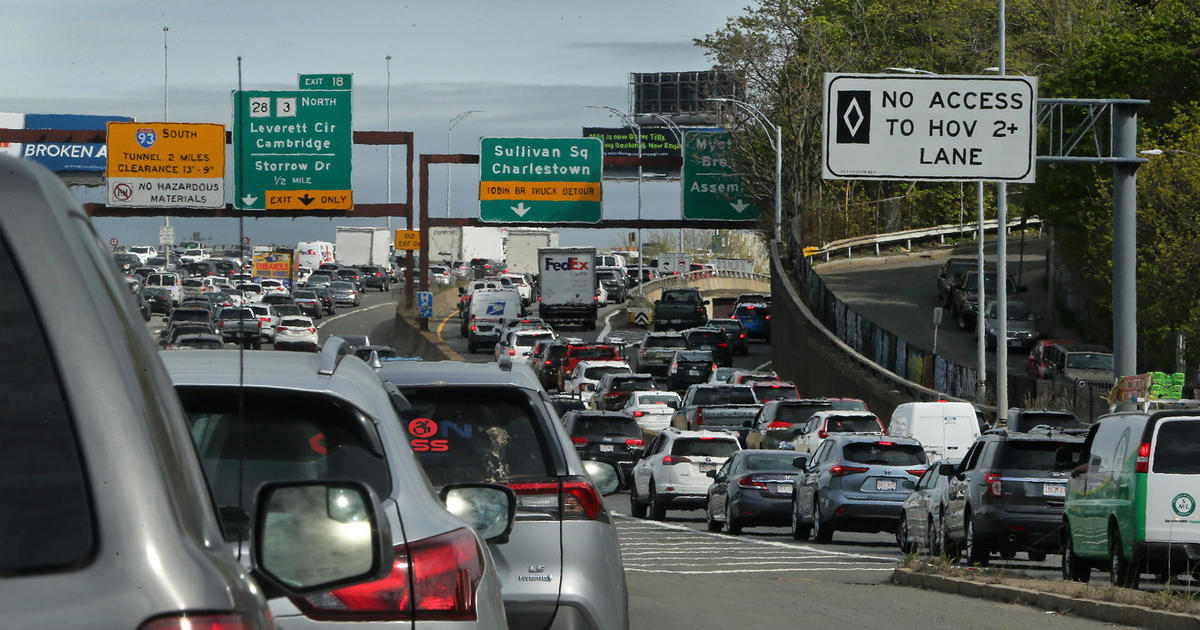
Boston Study Uncovers Correlation Between Traffic Congestion and DiabetesBoston Study Uncovers Correlation Between Traffic Congestion and Diabetes A recent study conducted by researchers at Boston University has identified a potential link between traffic congestion and the development of type 2 diabetes. The study, published in the journal “Environmental Health Perspectives,” analyzed data from over 50,000 participants in the Boston Area Health Survey. Researchers examined the participants’ residential addresses, traffic congestion levels in their neighborhoods, and their health outcomes. The results showed a significant association between living in areas with high traffic congestion and an increased risk of developing type 2 diabetes. Individuals who resided in areas with the highest levels of congestion were 18% more likely to develop the disease compared to those living in areas with the lowest levels. The researchers speculate that the link between traffic congestion and diabetes may be due to several factors: * Air pollution: Traffic congestion emits high levels of air pollutants, such as particulate matter and nitrogen oxides, which have been linked to inflammation and metabolic disorders. * Physical inactivity: Traffic congestion encourages sedentary behavior, as individuals spend more time in their cars and less time engaging in physical activity. * Stress: Exposure to traffic congestion can be a source of chronic stress, which has been associated with an increased risk of insulin resistance and type 2 diabetes. Lead author Dr. Xinran Liu emphasized the importance of this finding, stating, “Our study suggests that traffic congestion may be an underappreciated environmental risk factor for type 2 diabetes.” The researchers call for further research to explore the mechanisms underlying the observed association and to develop strategies to mitigate the potential health risks of traffic congestion. Implications for Public Health The findings of the Boston study have implications for public health policy and urban planning: * Traffic mitigation measures: Reducing traffic congestion through measures such as improved public transportation, alternative commuting options, and traffic management systems may have broader health benefits by reducing exposure to air pollution, promoting physical activity, and mitigating stress. * Urban design: Creating walkable and bikeable communities may encourage physical activity and reduce reliance on cars. * Air quality regulations: Enhancing regulations to control air pollution from traffic sources may improve air quality and reduce the risk of associated health problems, including diabetes. By addressing the issue of traffic congestion, cities and policymakers can potentially create healthier and more sustainable environments for their residents.
Posted inNews